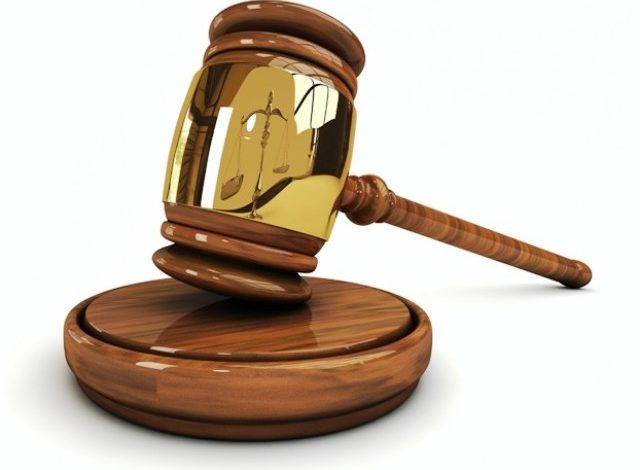Justice Mohammed Idris of the Federal High Court, Lagos, delivered judgement on mandamus suit no: FHC/L/CS/1821/2017 brought by Socio-Economic Rights and Accountability Project (SERAP) concerning the N481 billion allegation of padding of the 2016 budget by the National Assembly.
The court ordered President Muhammadu Buhari to urgently forward to it the report of the investigation of the anti-corruption agencies into the matter. It also ordered President Buhari to “direct the Attorney General of the Federation and Minister of Justice Abubakar Malami, and/or appropriate anti-corruption agencies to without delay commence prosecution of indicted lawmakers.”
The court ruling also ordered President Buhari to “direct the publication of the report of investigations by security and anti-corruption bodies into the alleged padding of the 2016 budget.”
The court also granted an order directing Buhari to “Urgently halt the alleged attempt by some principal officers of the National Assembly to steal N40 billion of the N100 billion allocated by his government as ‘zonal intervention’ in the 2017 budget.”
Buhari was also ordered, “to closely monitor and scrutinize the spending of N131 billion (accrued from increased oil benchmark) allocated for additional non-constituency projects expenditure, to remove the possibility of corruption.”
The court held that “SERAP, being a human rights non-governmental organization has sufficient interest in the way and manner public funds are being utilized in this country.”
Justice Idris further held that President Buhari in the exercise of his executive powers has a duty to ensure compliance with the provisions of article 22 of the African Charter on Human and Peoples’ Rights, holding further that Buhari is “expected to use his executive powers for the public good of Nigeria.”
Article 22 of the African Charter provides that, “All peoples shall have the right to their economic, social and cultural development with due regard to their freedom,” and that “states shall have the duty, individually or collectively, to ensure the exercise of the right to development.”




